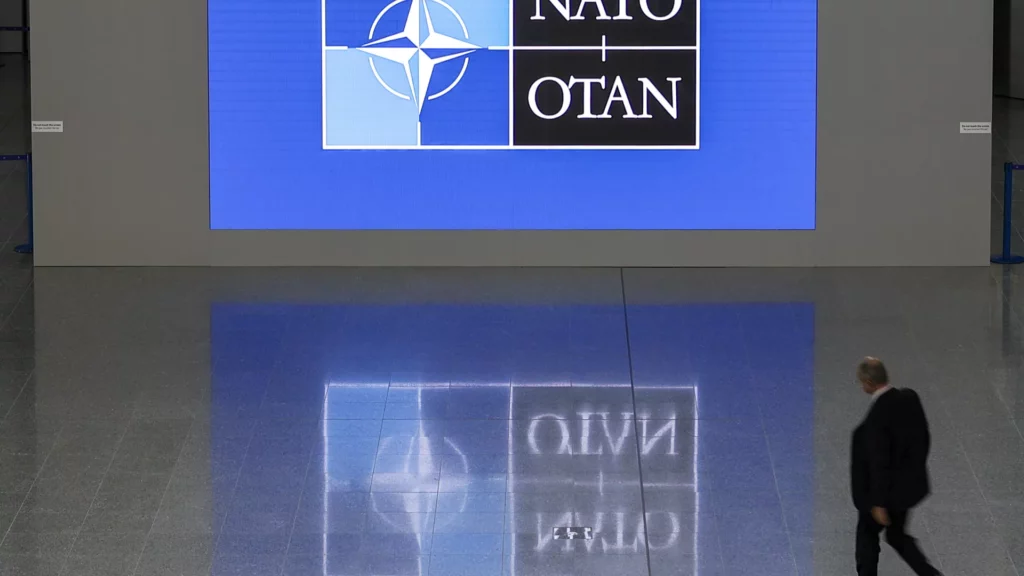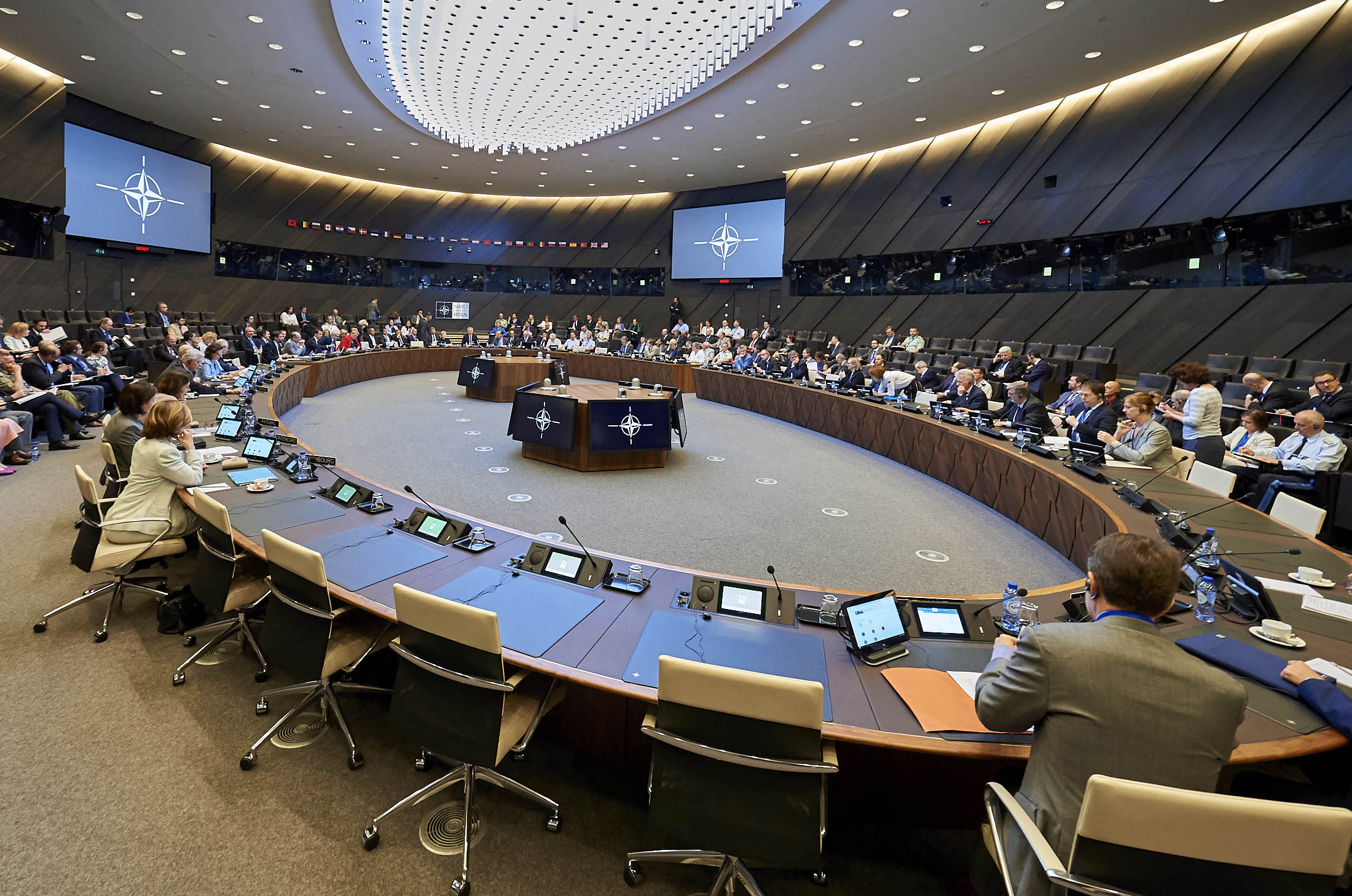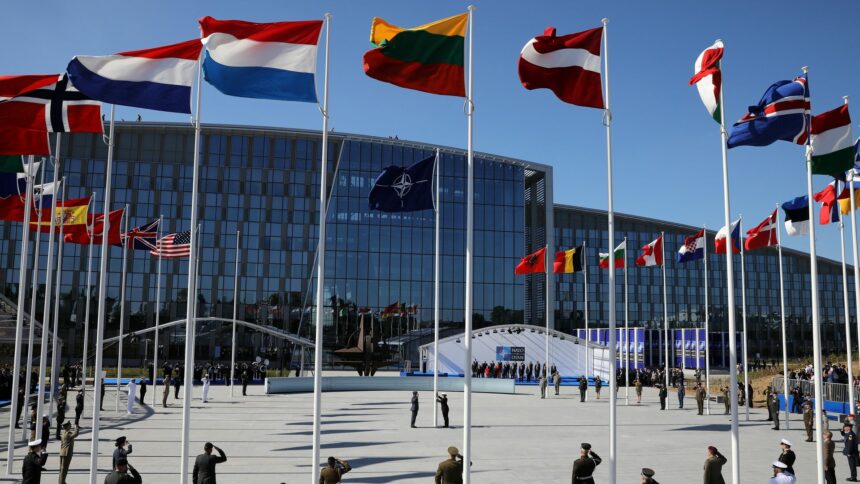Investment in Europe’s defence technology is intensifying, with NATO confirming its first deep tech investments as part of a €1 billion fund aimed at addressing today’s defence, security, and resilience challenges. This announcement comes on the heels of the North Atlantic Treaty Organisation‘s initiative, established in response to Russia’s invasion of Ukraine in 2022.

The NATO Innovation Fund, which matches government buyers of technologies with start-ups, has chosen its first recipients. Among them is Germany’s ARX Robotics, known for designing unmanned robots, alongside three UK-based start-ups: Fractile, a London-based computer chipmaker; iComat from Bristol; and Space Forge, a Welsh company specializing in novel space materials.
In addition to these companies, the fund has invested in four venture capital funds focused on deep tech: Join Capital, Vsquared Ventures, OTB Ventures, and Alpine Space Ventures. Notably, unlike most venture capitalists who invest over a decade, NATO’s fund will invest over 15 years.
NATO is also making strategic investments to enhance deep tech hubs in regions where capital for early-stage startups is in high demand, promoting the Alliance’s technological sovereignty. “With these investments, the Fund is now starting to make a tangible difference in our innovation ecosystems, providing growth opportunities to the most promising dual-use and defence companies developing solutions to maintain the Alliance’s technological edge,” said David van Weel, Assistant Secretary-General for Innovation, Hybrid and Cyber.
Van Weel highlighted NATO’s challenge of bridging the communication gap with innovators. He noted that the military often lacks awareness of the latest defence technologies, while many innovators are unfamiliar with military requirements. Furthermore, he pointed out that “defence organisations and governments, in general, are not famous for having fast procurement processes.”

“Our challenge is really to make sure that we have a workable, agile way of communicating with innovators and bringing in new technologies at a speed of relevance,” he added.
The fund aims to advance innovation in areas such as new materials and manufacturing, artificial intelligence (AI), and robotics. Backed by 24 of NATO’s 32 member states, the fund notably lacks support from the United States, Canada, and France.
This initiative marks a significant step for NATO in maintaining and advancing its technological edge, fostering growth in defence and dual-use technologies critical for the Alliance’s future security landscape.








